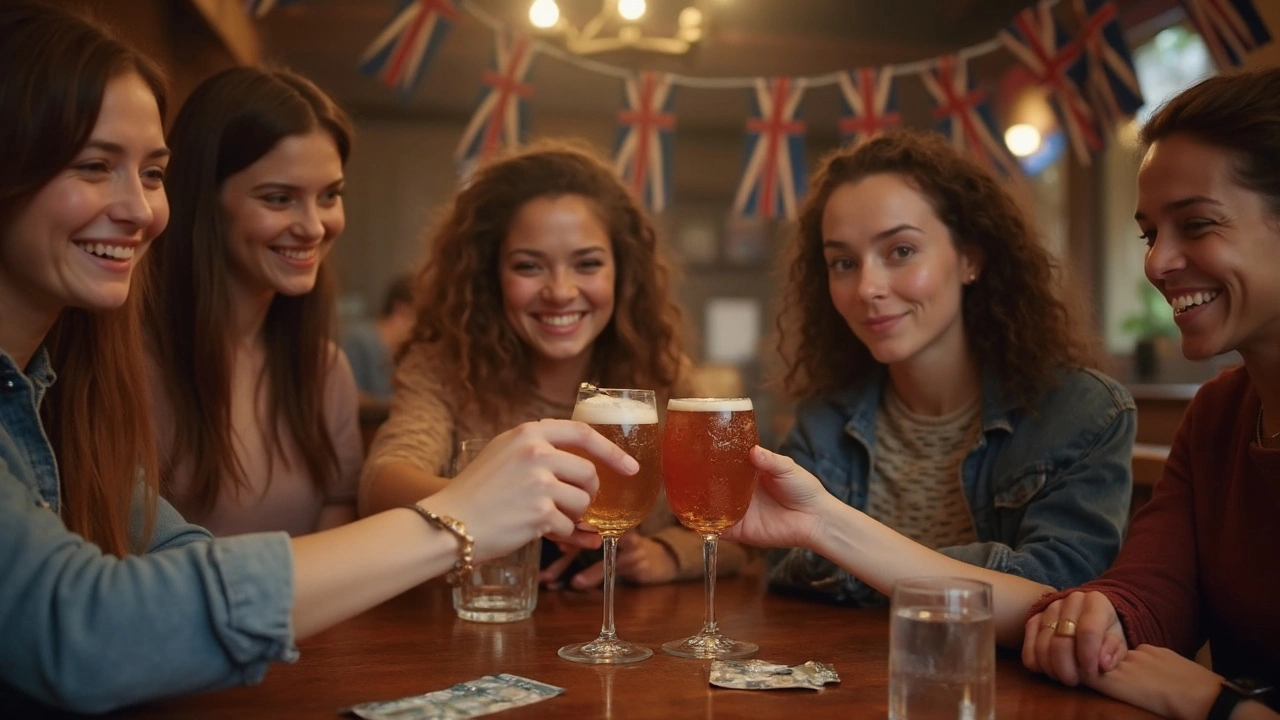Understanding Medication Interactions: A Simple Guide
When you take more than one medicine, their effects can mix in unexpected ways, sometimes causing problems. That’s what we call medication interactions. Knowing about these interactions helps you avoid side effects and ensures your treatments actually work as they should. Think of it like a recipe—some ingredients don’t mix well, and the same goes for drugs.
So, how do you figure out if your medications interact? A good start is to always tell your doctor and pharmacist every medicine you’re using, even vitamins and supplements. They can spot risky combinations before you do. Also, reading the info that comes with your medicine can give you clues about what to watch out for.
Types of Medication Interactions and Their Effects
Interactions usually fall into three groups. The first is when one drug changes how another works, either making it stronger or weaker. For example, some antibiotics can reduce the effectiveness of birth control pills. Then, there are interactions where combined drugs increase side effects, like combining two medicines that cause drowsiness may make you extra sleepy. Finally, some interactions can cause completely new side effects that neither drug causes alone.
Understanding these categories helps you spot danger zones. For instance, blood thinners like warfarin interact with lots of common drugs and even certain foods. This means tiny changes in your diet or medicine routine can have big effects on your health.
How to Manage and Prevent Medication Interactions
Being proactive is the best defense. Keep an updated list of all your medications and show it to every health provider you visit. Never start, stop, or change a medicine without checking first. If you notice unusual symptoms after adding a new drug, contact your healthcare provider immediately. They might adjust your doses or suggest alternatives.
Also, pharmacists are a great resource—they can answer your questions about interactions and safe medicine use. Online tools and apps can help track your medicines but don’t rely on them alone. Personal advice from professionals beats any app.
Finally, don’t forget that even herbal supplements can interact with prescription drugs, so always mention these too. Staying informed and connected with your healthcare team keeps your treatments safe and effective.

Drinking Alcohol on Spironolactone: What You Need to Know
Ever wondered if you can safely drink while taking spironolactone? This article tackles common questions about mixing alcohol and this widely prescribed medication, especially in social settings. Get honest answers from doctors, understand risk thresholds, and learn practical tips for navigating parties and casual drinks without putting your health at risk. All advice is served up with relatable scenarios and clear explanations—no medical jargon. Don't miss out on what you should really know before raising that glass.